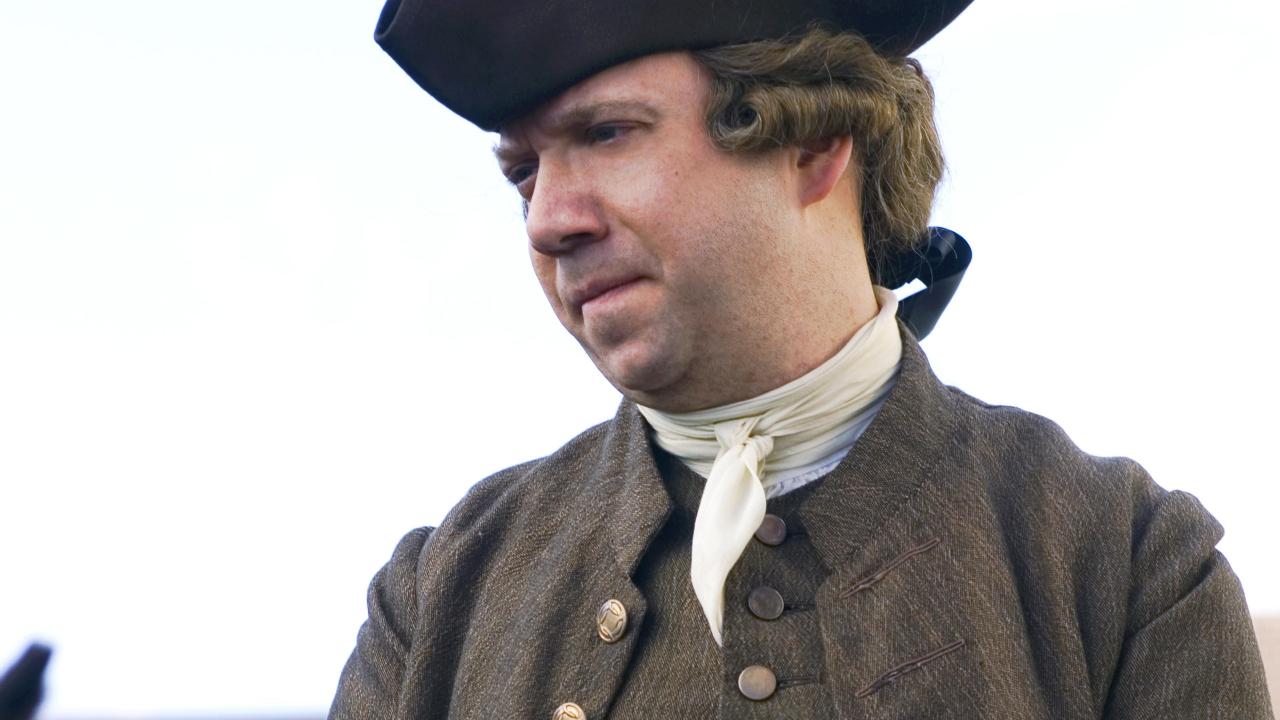He didn’t win with charm—he won with principle
John Adams (2008), HBO’s seven-part miniseries based on David McCullough’s Pulitzer-winning biography, is a sweeping, fiercely intimate portrait of one of America’s most overlooked yet essential Founding Fathers. Far from a dry historical reenactment, this series transforms dusty textbook facts into a living, breathing, profoundly human journey through the birth of a nation—and the cost of leading it.
Paul Giamatti delivers a powerhouse performance as John Adams: stubborn, brilliant, proud, and often isolated. We meet him as a principled but irascible lawyer in colonial Massachusetts, who soon becomes one of the first voices calling for independence. As revolution brews and explodes, Adams rises through the political ranks—not with charisma or charm, but through intellect and unwavering moral conviction. The series captures not only his public service—from defending British soldiers at the Boston Massacre to helping draft the Declaration of Independence and becoming the second U.S. President—but also his deep inner conflicts, private insecurities, and stormy relationships.

Equally compelling is Laura Linney as Abigail Adams, whose performance anchors the series with strength, warmth, and quiet steel. Their letters, recreated throughout the show, reveal a partnership of equals—intellectually and emotionally—and elevate Abigail beyond her historical footnote. She’s not just the wife of a president; she’s a political advisor, moral compass, and emotional backbone through war, plague, and loss.
Visually, John Adams is unflinching. The cinematography doesn’t romanticize the era—it shows the mud, disease, sweat, and sacrifice behind revolution. It’s not just a story of freedom won, but of what that freedom costs: families divided, reputations destroyed, lives shortened. And yet, amid the grit, there are moments of true grandeur—Adams in Europe negotiating with monarchs, standing beside Washington, or later, facing down political betrayal.

What makes John Adams unique is its commitment to portraying governance not as a heroic ideal, but as a burden of conscience. Adams was not beloved in his time. He was divisive, cranky, and often alone. But this series argues that it was precisely those qualities—his honesty, his sense of duty, his unwillingness to bow to public pressure—that made him vital.
In the end, John Adams doesn’t just teach history—it honors the messy, imperfect people who made it.

-1749485727-q80.webp)

